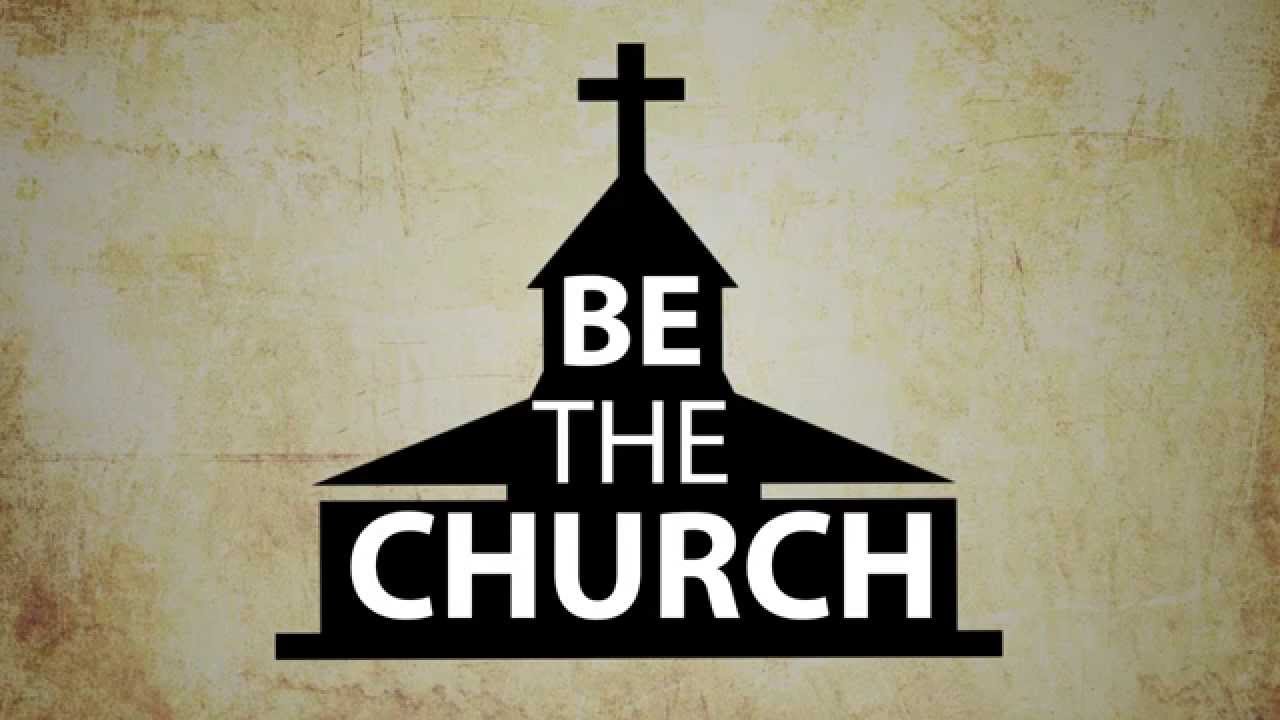Friday brought shock. Saturday brought sadness.
I have tried hard to imagine what Jesus’ disciples must have felt  on Saturday morning. It would have been the Sabbath, so they didn’t have any work to keep them busy or distract them from the disillusionment they felt. In other words, they had a lot of time to be by themselves, or with on another, in sorrowful disbelief. Though Jesus had been fairly explicit (on several occasions) about what would happen to Him, it is clear that they were either not listening or not believing–perhaps a little of both. And while each individual disciple ran through the events of the previous night in their mind, wondering what they could have done to change things, they all probably ended up at the same place–What just happened? How do we go from everything right to everything wrong in less than 24 hours? They had left everything they knew, spent three years following a man who appeared to be what Jews had been waiting for for thousands of years. And after feeding thousands, healing hundreds, and even raising someone from the dead, a man they thought was more than a man lies buried in a tomb. What had just happened?
on Saturday morning. It would have been the Sabbath, so they didn’t have any work to keep them busy or distract them from the disillusionment they felt. In other words, they had a lot of time to be by themselves, or with on another, in sorrowful disbelief. Though Jesus had been fairly explicit (on several occasions) about what would happen to Him, it is clear that they were either not listening or not believing–perhaps a little of both. And while each individual disciple ran through the events of the previous night in their mind, wondering what they could have done to change things, they all probably ended up at the same place–What just happened? How do we go from everything right to everything wrong in less than 24 hours? They had left everything they knew, spent three years following a man who appeared to be what Jews had been waiting for for thousands of years. And after feeding thousands, healing hundreds, and even raising someone from the dead, a man they thought was more than a man lies buried in a tomb. What had just happened?
I am left to wonder how many Christians get stuck on Saturday–the day after everything you value is lost. It is a day full of disappointment and sorrow and anger and confusion and despair and a hundred other emotions. It is a day spent listing every unmet expectation, unrealized dream, and crushed hoped. It is a day spent blaming one’s self, others, even God for the “bad” that has happened that you didn’t deserve. And it is also a day that is spent wallowing in self-pity about all the “good” that hasn’t come to pass–the things you thought you deserved, perhaps even earned from all you sacrificed for others or God.
Living on Saturday may have been even harder than the shock of Friday for the disciples–I know it is for me. As Christians, we can usually survive the devastation of the moment; it’s living all the post-devastation moments that prove difficult. In truth, the Christian life is not exempt from Good Fridays or Bad Saturdays. Faith in Christ doesn’t remove the experience of suffering–it helps us to experience suffering differently. Good Fridays remind us that suffering is part of life. Bad Saturdays remind us that things do not always go as we might hope. But to understand either one of those, we need Glorious Sundays. We need to get to Sunday–the day of hope, the day of joy, the day of victory and revelation of all that God was and is doing. Sunday reveals to us that the suffering of Friday (or any day) is not senseless–it is in fact really good. And Sunday also reveals to us that the disillusionment of Saturday (or any day) and unrealized plans is the result of God having a better one–it is in fact not really bad.
See you Sunday.




